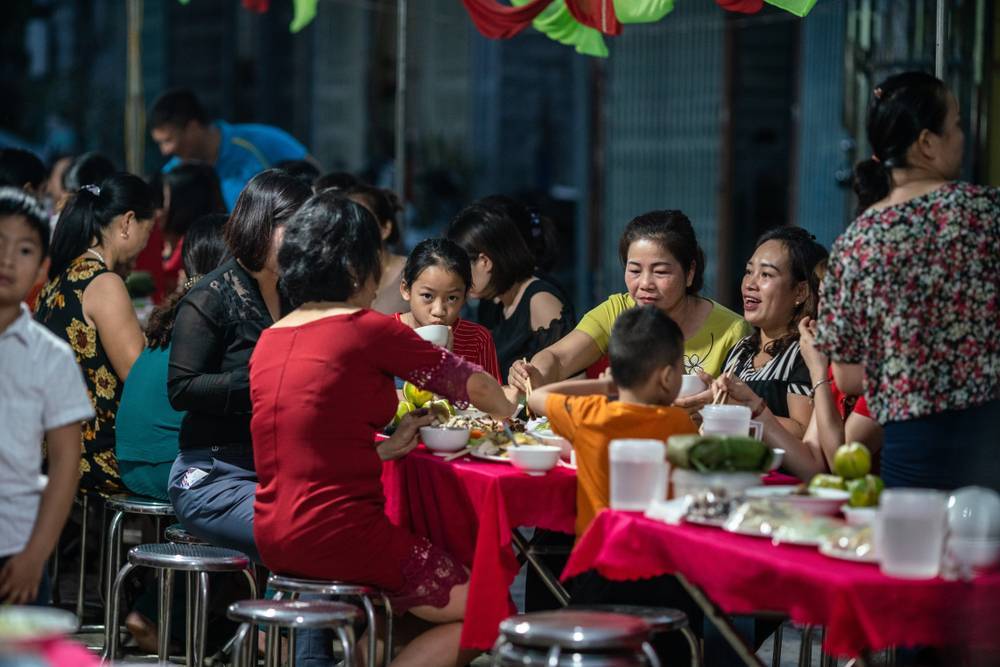Medical Channel Asia presents the weekly Asian medical news bulletin, bringing you essential healthcare news from across the region. This week’s bulletin will cover Thai Traditional Medicine, Human Papillomavirus Vaccine and more
Thailand
The COVID-19 pandemic has led to increased interest in Thai traditional medicine (TTM) due to shortages of conventional drugs. Despite some scepticism about their efficacy and safety, traditional herbs have been widely used as an accessible and health-friendly alternative. To counter the criticism, teams at Chaophraya Abhaibhubejhr Hospital and the Department of Medical Science are conducting research to substantiate the curative properties and safety of herbs, which could boost their global commercial promotion and sales. The Ministry of Public Health has also aimed to integrate TTM into the modern healthcare system since 2002.
Philippines
Representative Paolo Duterte from the Philippines has proposed a bill to make a remote patient referral system developed during the COVID-19 pandemic a permanent fixture. The National Patient Navigation and Referral System Act (House Bill No. 7574) would help patients find suitable available hospitals. This system is an evolution of the One Hospital Command used during the pandemic to manage hospital capacity. The new proposal would expand it into a nationwide network, ensuring effective communication between local governments, hospitals, and other health facilities, while also including financial aid services for indigent patients. The bill argues that this service delivery network will provide quality care through the unification of individual health service capacities. It is suggested that this system continues under the Department of Health (DOH) to help all types of patients access affordable medical care.
Malaysia
Malaysia’s Finance Minister, Anwar, has announced a RM36.3 billion budget focusing on operational expenditure and measures to assist the B40 income group. This includes the Madani Medical Scheme, a credit facility allowing the B40 group to seek treatment from private clinics. Health think tank Galen Centre for Health and Social Policy supports the scheme, stating it could relieve the pressure on public hospitals. Additionally, the budget provides subsidies for mammograms, supports cervical and colon cancer research, and includes plans for several hospital construction and upgrade projects.
Vietnam
According to health advocates, Vietnamese people are consuming too much meat, almost twice the recommended daily intake. During a recent conference on plant-based nutrition, Dr. Le Thi Hop, former head of the National Institute of Nutrition, highlighted a trend. This trend, notably in urban areas, could contribute to rising non-communicable chronic diseases. Also at the conference, Dr. Truong Tuyet Mai, deputy head at the same institute, underscored the balance of plant and animal-based protein in the diet. She argued this balance can help avoid health issues. Additionally, she suggested that adults should focus on beans, nuts, fresh veggies, fruits, and dairy. She also advised limiting red meat, fatty meals, sweet indulgences, sodas, and alcohol.
Singapore
- Singapore Healthtech Agency Synapxe Takes Over After Rebranding – July 31
- ICYMI: Mothercare Baby & Kids Fair 2023 Highlights – July 31
- Singapore Celebrates Nurses’ Day Today, August 1 – August 1
- Refractive laser surgery is now almost 3 times faster with launch of new SMILE surgery device by Zeiss – August 2
- CHI Unveils New Healthcare Innovation Framework: Combining Health and Social Care – August 3
- Amgen and NSG Biolabs Champion Innovation: VerImmune Wins Golden Ticket, Promising New Therapeutic Breakthroughs – August 3
Indonesia
The launch of the 4-valent human papillomavirus (HPV) vaccine NusaGard is a significant step towards Indonesia’s pharmaceutical independence in combating cervical cancer, according to Deputy Minister of Health Dante Saksono Harbuwono. State-owned PT Bio Farma, in collaboration with global pharmaceutical giant PT Merck Sharp & Dohme (MSD) Indonesia, is producing the vaccine. This initiative aims to widen HPV vaccination’s reach in Indonesia. Consequently, it is set to significantly contribute to the nation’s health transformation. Additionally, the Indonesian Government is pushing to improve access to HPV vaccines via the National Immunization Program. This collaboration represents a concrete step towards national health resilience, said Assistant Deputy of Health Industry at the Ministry of State-Owned Enterprises Aditya Dhanwantara.

